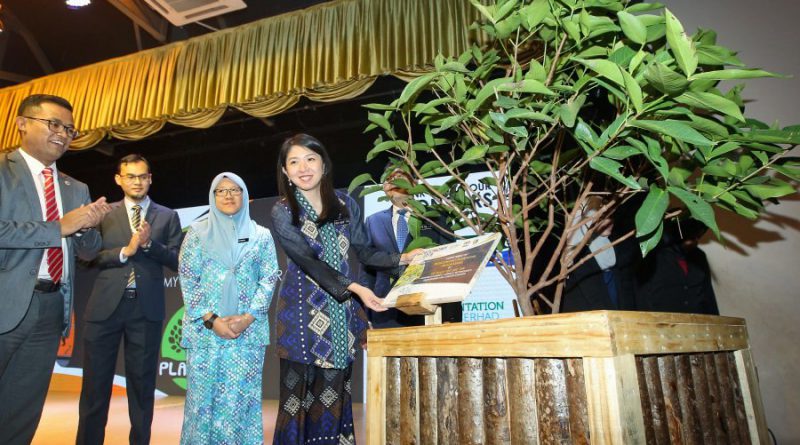Malaysia’s bioeconomy sector attracted RM7.5b investments
KUALA LUMPUR: Malaysia’s bio-based industry has recorded an approved investment worth RM7.5 billion as at December 2017.
Malaysia Bioeconomy Development Corp chief executive officer Dr Mohd Shuhaizam Mohd Zain said out of that amount, RM5 billion were foreign direct investments (FDI).
He noted that since 2012, 77 anchor projects have been established.
They provide 26,700 job opportunities and are expected to generate RM23.3 billion in gross national income by 2020.
At the opening of the Bioeconomy Day here today, Shuhaizam reiterated progress in bioeconomy was not just about going beyond national and regional borders as industry players also need to cross the boundaries that exist within industries and sectors.
He explained this could be done via inter-industry application, public-private sector collaborations and academic-industry cross-over.
“An example of this will be our Bioeconomy Community Development Programme (BCDP), which connects bio-based companies with farming communities and allow them to participate in value creation through bio-based innovations while providing additional income to these communities,” he said.
Malaysia Bioeconomy Development Corp’s key focus is the commercialisation of high-value products which are able to contribute to the national income.
The Bioeconomy Day event was graced by Energy, Science, Technology, Environment and Climate Change Minister Yeo Bee Yin.
Also present was Agriculture and Agro-based Industry Deputy Minister Sim Tze Tzin.
From 2008 to the end of 2017, Shuhaizam said Malaysia Bioeconomy Development Corp attracted 283 companies to collectively invest RM3.58 billion and they have generated RM1.47 billion in revenue.
“As of August 2018, 40 BCDP projects have been implemented, involving over 2,900 participants,” he added.
As of todate, Shuhaizam noted there are 33 biomass plants set up in the rural areas to generate 26,412 megawatts (MW) in renewable energy, per year.
“These biomass and biogas plants help reduce power interruption among rural folks who live far away from the national grid,” he said.
Source: NewStraitsTimes

